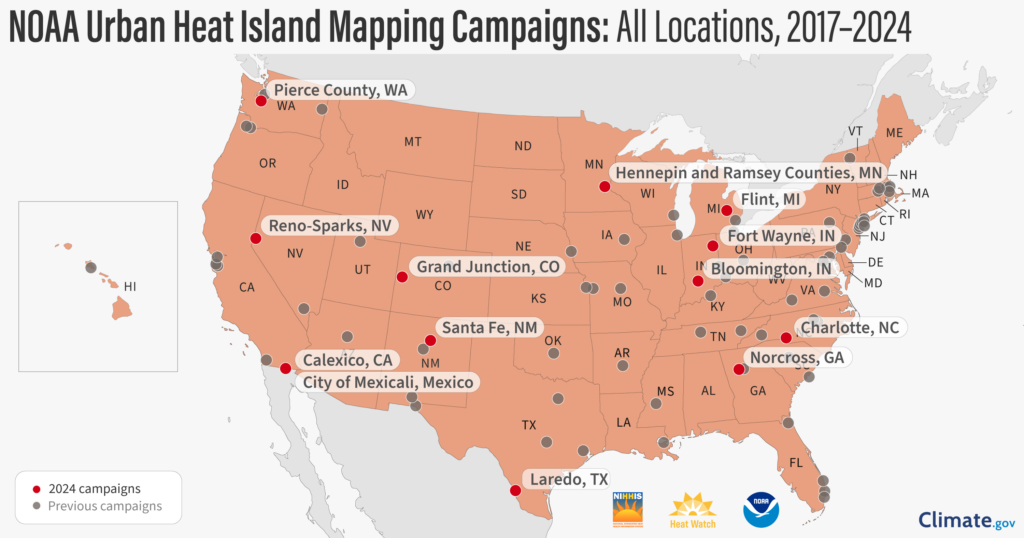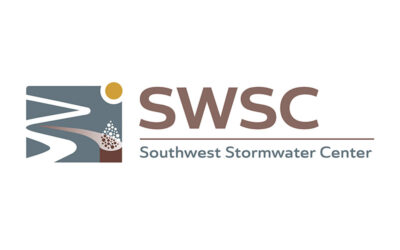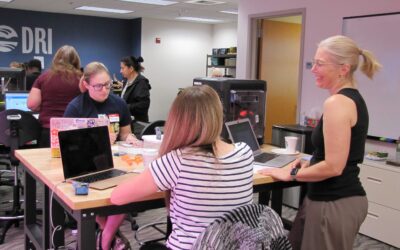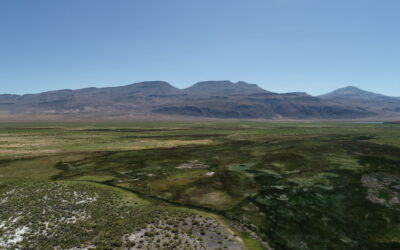The summer 2024 effort will involve community volunteers and is supported by the National Institutes of Health, NOAA, Climate.gov and Heat Watch
Several municipal, county, and Tribal governments and community groups based in the Reno-Sparks area are teaming up to map the hottest parts of Reno, Sparks, and adjacent portions of Washoe County. The National Oceanographic and Atmospheric Administration (NOAA) is partnering with the U.S. Departments of Health and Human Services and Housing and Urban Development to map urban heat islands.
“Urban heat islands are when urbanized areas have higher temperatures than outlying rural areas,” said Tom Albright, Nevada State Climatologist and geography professor at the University of Nevada, Reno.

Albright is leading the team of a dozen agencies, institutions and community groups, including the University, the Desert Research Institute, the City of Reno, the City of Sparks, Northern Nevada Public Health, Washoe County, and more. Climate change and an intense urban heat island have made Reno the fastest warming city in the U.S. The warming temperatures pose risks to Reno’s communities, as heat is the number one weather-related cause of death in the U.S.
“Sometimes heat is more of a ‘silent killer’ as it isn’t always obvious to people suffering heat – related illnesses that heat has anything to do with it,” Albright said.
Community members can volunteer for the data collection campaign, which will take place in mid- to-late summer. Volunteers will affix a temperature sensor to their car or bike and follow a designated route to collect data in areas all around Reno and Sparks.
“With Washoe County residents bearing the brunt of rising heat, air pollution and the health impacts that result from these, it’s important to know how and where we can take action to reverse these trends,” said Brian Beffort, Sustainability Manager for Washoe County. “This heat mapping exercise gives our community’s jurisdictions and partner agencies and organizations the opportunity to work together to better understand where these challenges are affecting us most. With that knowledge, we’ll be better able to work together to find solutions.”
“Engaging in solutions-oriented community science is a great way to increase public engagement and awareness,” Albright added.“ The data collected by community members will help experts and planners make informed decisions about where trees are planted, where services are provided, the location for shade structures, building designs, and so much more.”
The team is placing strong emphasis on using this campaign to support disadvantaged communities, particularly in heavily urbanized lower elevation areas of the community where temperatures are often the highest and air quality is the worst.
“This campaign will illuminate the considerable variability insurface temperatures across the Reno- Sparks area,” said John Mejia, assistant research professor of climatology at DRI and research team member. “This comprehensive dataset not only facilitates rigorous model evaluation but also fosters discussions regarding the differential heat exposure experienced by various city sectors. By pinpointing areas susceptible to heightened temperatures, it sheds light on intersections with air quality and social vulnerability, thus prompting crucial conversations about urban environmental equity.”
The NOAA Heat Island Mapping Campaign has been collecting data from cities all over the country, and all over the world, for eight years. In 2022, Clark County took part in the campaign, and all data collected during the campaigns is open access and available on HEAT.gov.
To stay up to date with the Reno-Sparks campaign, follow #RenoSparksHeatMap on social media. For more information about the nationwide campaign, subscribe to the Heat Beat Newsletter, check out the NIHHIS website and follow #UrbanHeatMaps2024 on social media.
The campaign received funding as part of the Biden Administration’s Justice40 initiative aimed at delivering 40% of benefits from federal investment in climate and clean energy to disadvantaged communities.
Media Contacts:
Michelle Werdann, UNR
mwerdann@unr.edu
Elyse DeFranco, DRI
Elyse.defranco@www-dev.dri.edu
About DRI
We are Nevada’s non-profit research institute, founded in 1959 to empower experts to focus on science that matters. We work with communities across the state — and the world — to address their most pressing scientific questions. We’re proud that our scientists continuously produce solutions that better human and environmental health.
Scientists at DRI are encouraged to follow their research interests across the traditional boundaries of scientific fields, collaborating across DRI and with scientists worldwide. All faculty support their own research through grants, bringing in nearly $5 to the Nevada economy for every $1 of state funds received. With more than 600 scientists, engineers, students, and staff across our Reno and Las Vegas campuses, we conducted more than $47 million in sponsored research focused on improving peoples’ lives in 2023 alone.
At DRI, science isn’t merely academic — it’s the key to future-proofing our communities and building a better world. For more information, please visit www.dri.edu.


